Thursday 24 February 2022 will long be remembered as the day the Putin war started. Ironically only the previous week I spoke on the Henley Board Development Programme about the risk posed by a maverick leader: we explored the powers a board has to remove a CEO who represents a risk to the organisation. Although we focused on corporate governance not global politics there are a few lessons that might be worth sharing here.
Firstly, members of a board need to identify where power lies. If for example the CEO is also the founder and major shareholder it can be more difficult than if the CEO is simply the Chief Executive. There may be a democratic procedure in place for a vote of no confidence so any change at the top can be handled discretely. Senior board members would need to ensure the Chair and major shareholders agreed with any management changes that could impact investor confidence.
Secondly, the majority of the board need to agree a suitable replacement from among their number who could fill the role and secure broad support. There would need to be a good reason for removing or replacing a CEO and evidence of failure or inadequacy might need to be proved. Removal can be eased through a negotiated settlement and ‘early retirement’, possibly with preferential share options although any severance package would need the remuneration committee approval. Look what happened at Rio Tinto when the shareholders found out how much the departing CEO left with in May 2021, two thirds of them felt the package was too generous.
Finally, what if the incumbent CEO could not easily be removed. How can the board increase its control over the leader who has become a risk? Much depends on the cause of concern among the board: for example, briefing journalists or investors might be controlled by insisting all public announcements be subject to prior vetting by the Communications or Public Affairs Director. Sometimes an erratic leader can be side-lined through being given a rather meaningless title outside the main decision-making hub of the business, such as Deputy Chair or similar.
This seems quite tame compared to a despotic leader who appears to have gone rogue and is causing havoc through starting a war his own people find abhorrent. In the absence of any wise counsel this type of leader is a risk to their country. Look to how Nicolae Ceausescu and Saddam Hussein ended up at the hands of their own people.

